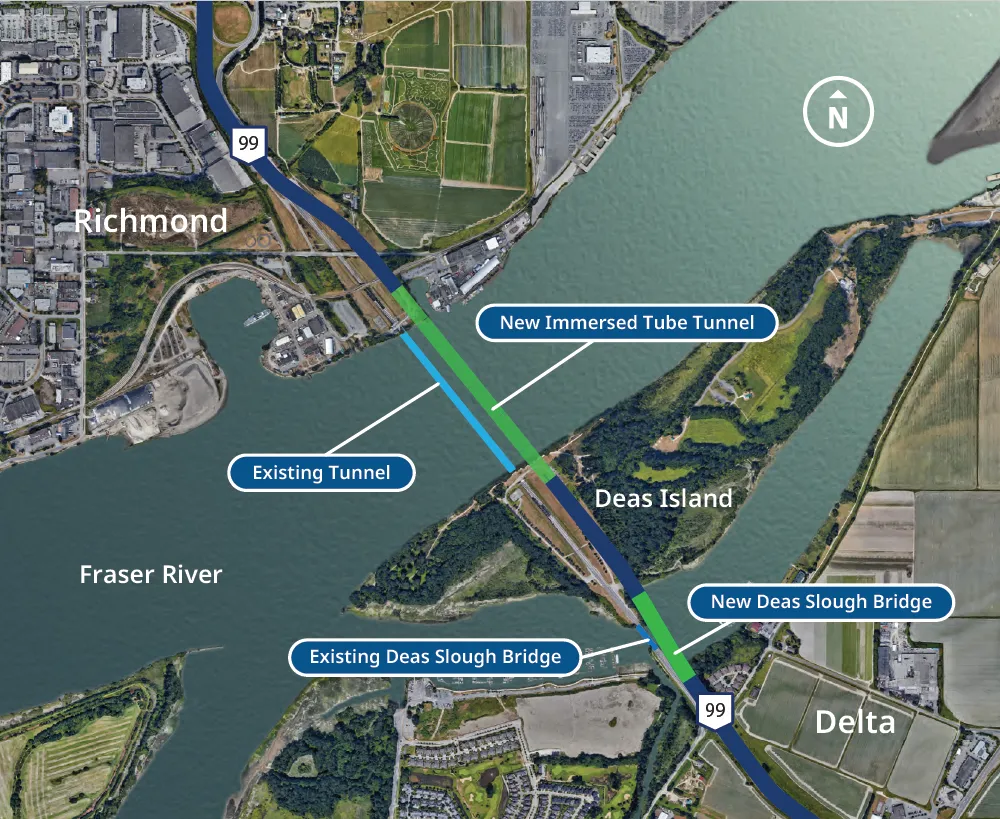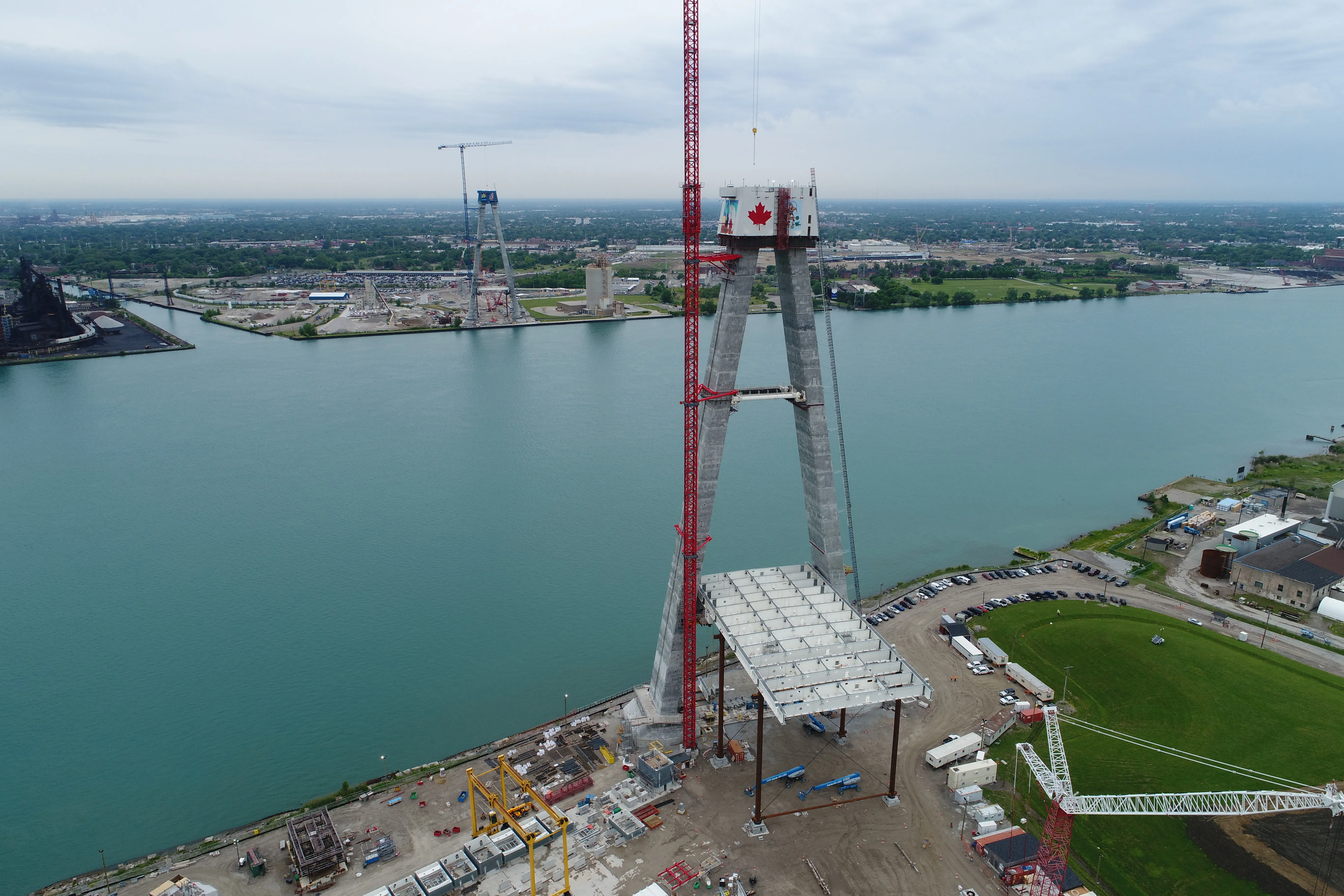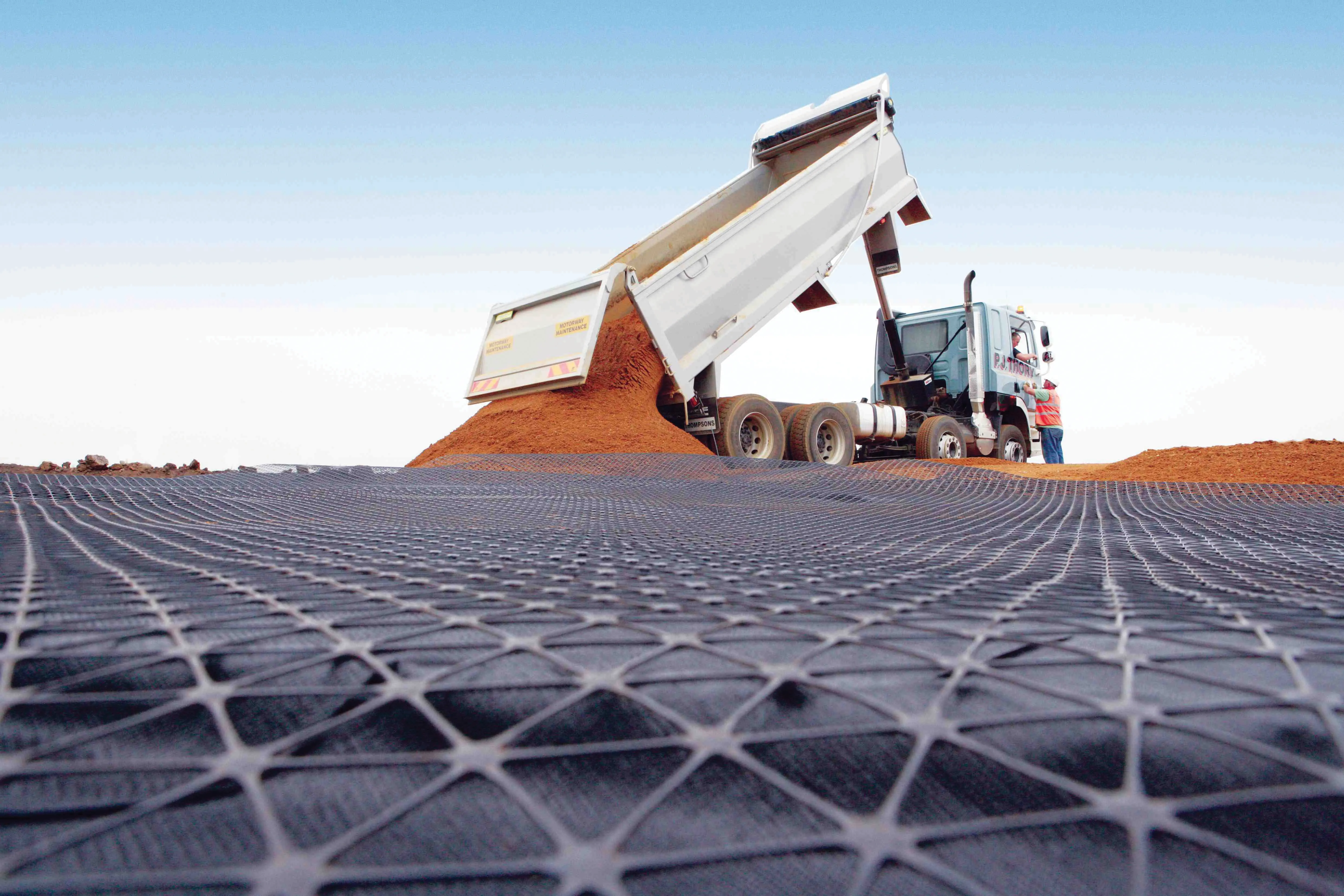St Petersburg’s city centre bypass is a vital step closer to being realised after the Russian city’s committee on economic policy and strategic planning said it will be submitting proposals for co-financing of the project to the Ministry of Transport.
The bypass highway, earmarked to be built along the Obvodny Canal, is expected to cost US$1.53 billion (RUB 50 billion). An application for federal budget funds will likely be filed in 2014. The project, which stipulates construction of embankments, bridges,
November 11, 2013
Read time: 1 min
St Petersburg’s city centre bypass is a vital step closer to being realised after the Russian city’s committee on economic policy and strategic planning said it will be submitting proposals for co-financing of the project to the Ministry of Transport.
The bypass highway, earmarked to be built along the Obvodny Canal, is expected to cost US$1.53 billion (RUB 50 billion). An application for federal budget funds will likely be filed in 2014. The project, which stipulates construction of embankments, bridges, and a tunnel system, will not be implemented earlier than 2018.
The bypass highway, earmarked to be built along the Obvodny Canal, is expected to cost US$1.53 billion (RUB 50 billion). An application for federal budget funds will likely be filed in 2014. The project, which stipulates construction of embankments, bridges, and a tunnel system, will not be implemented earlier than 2018.









